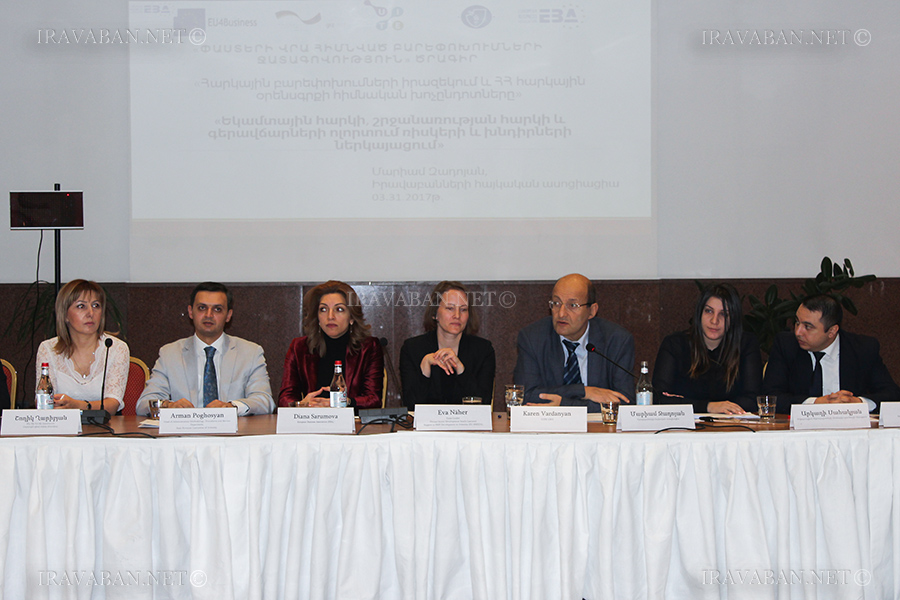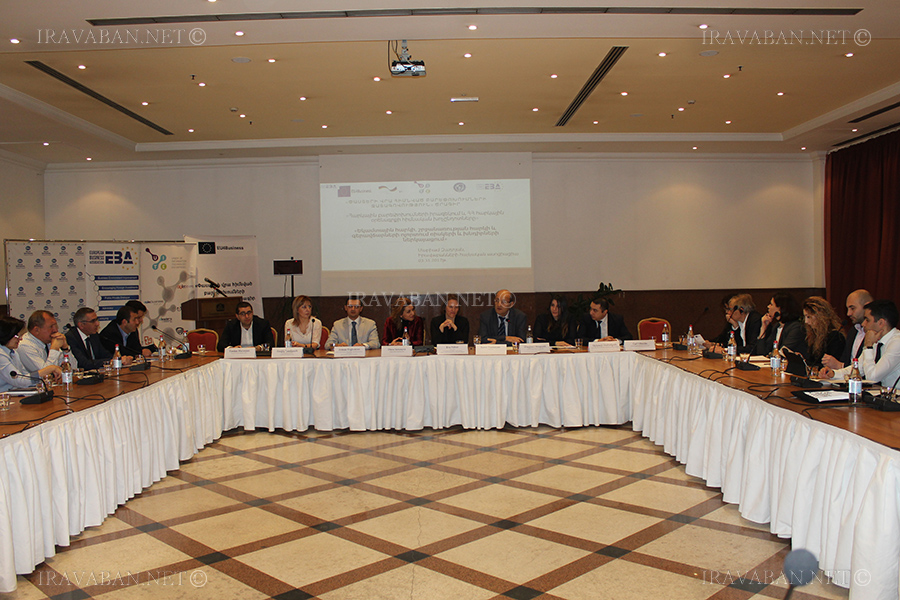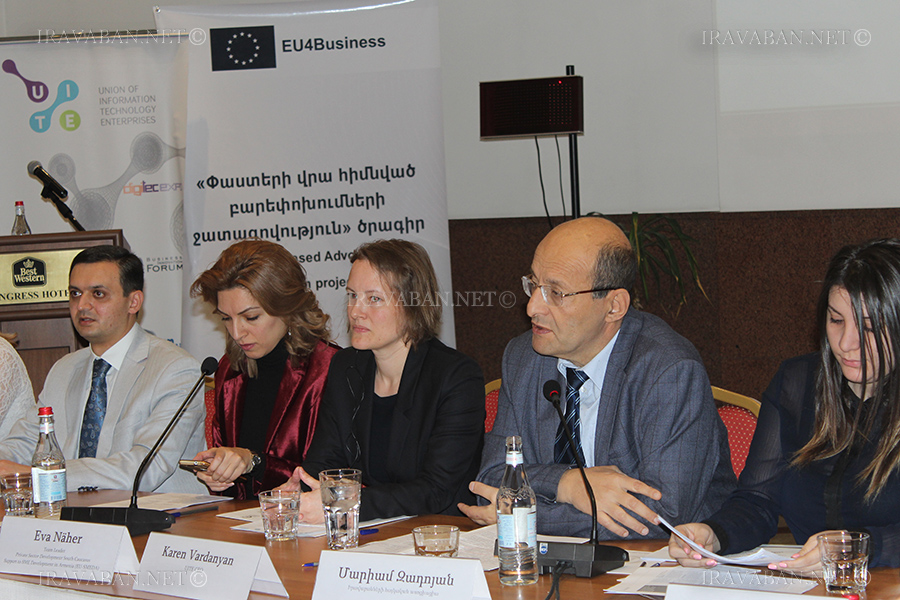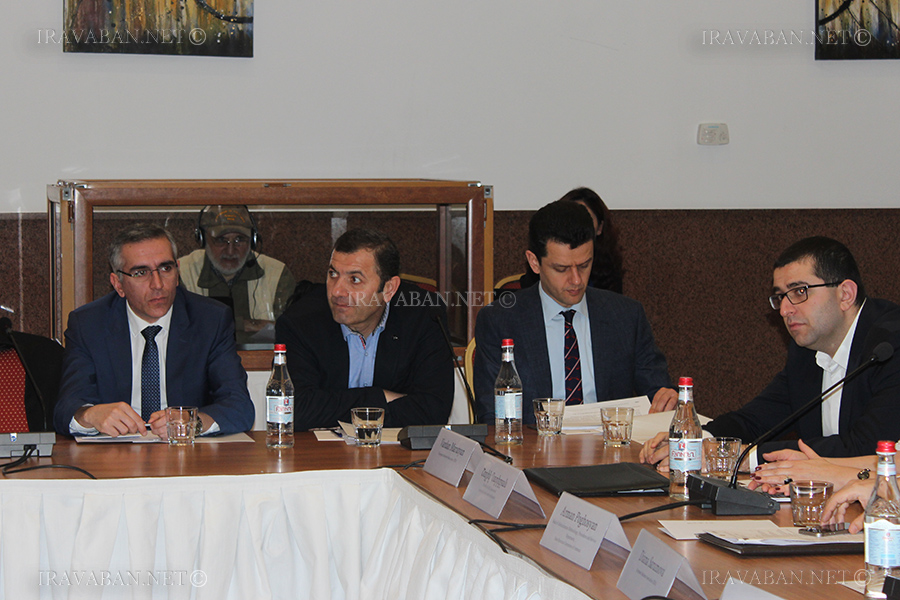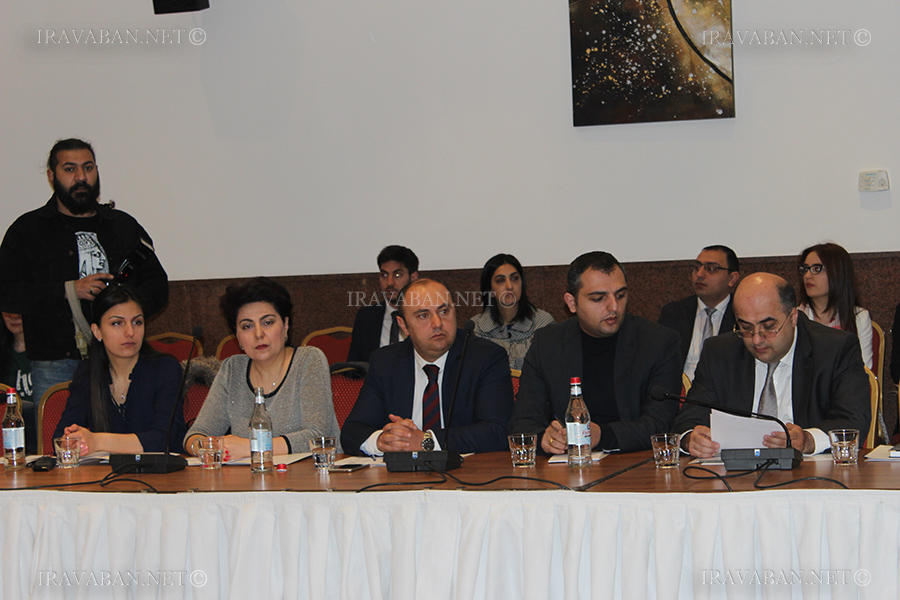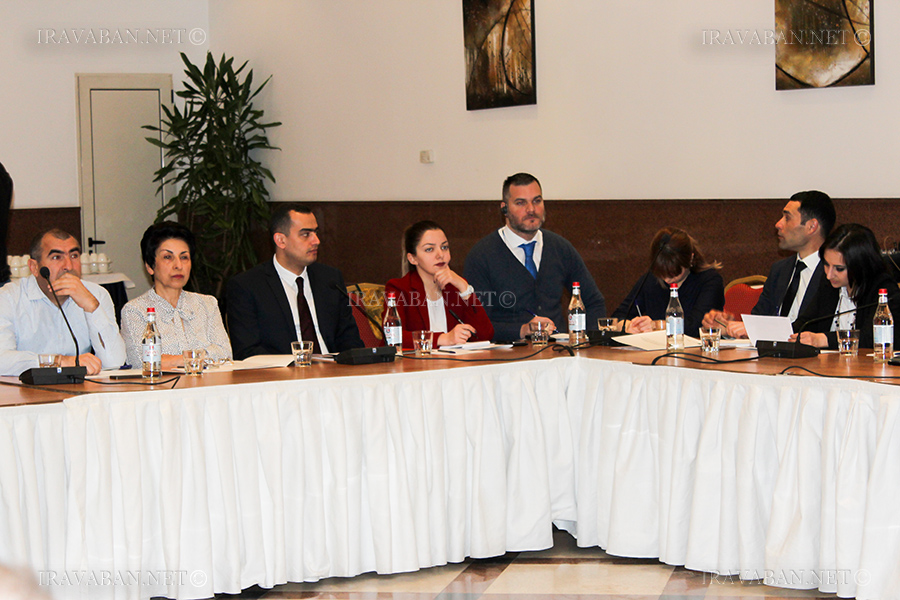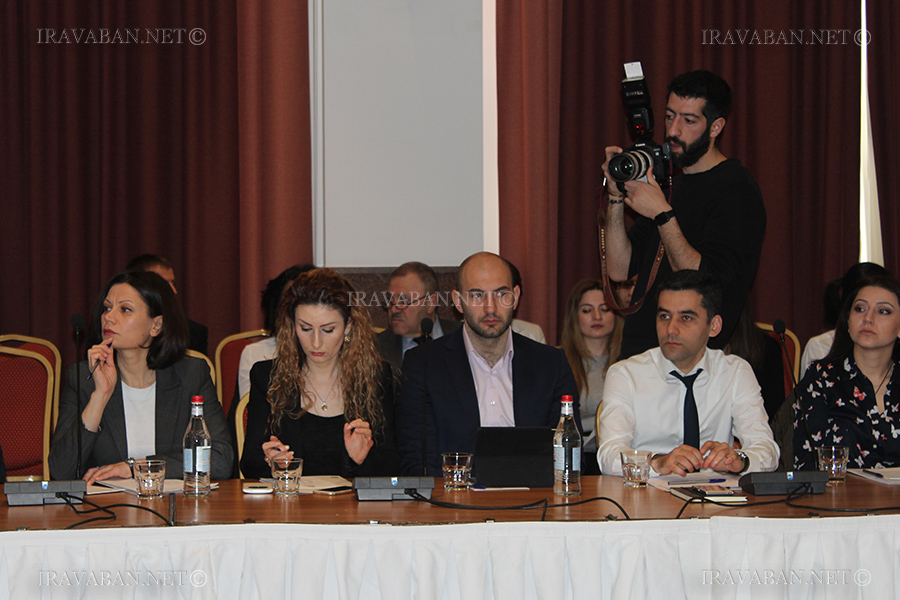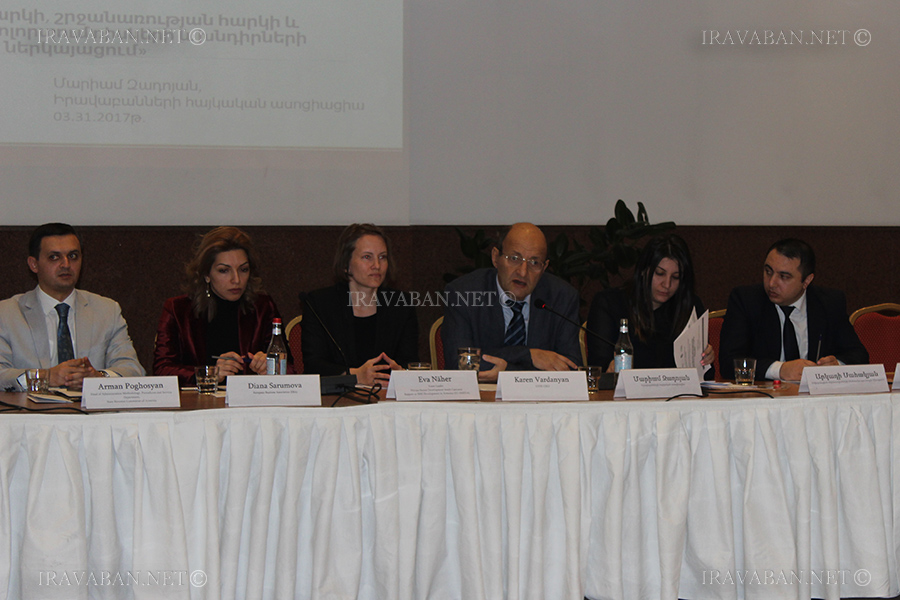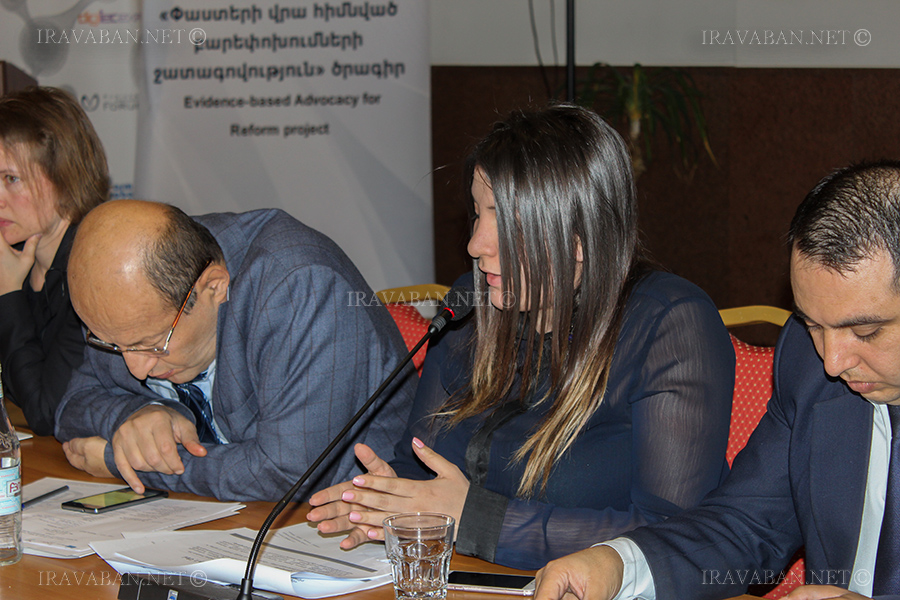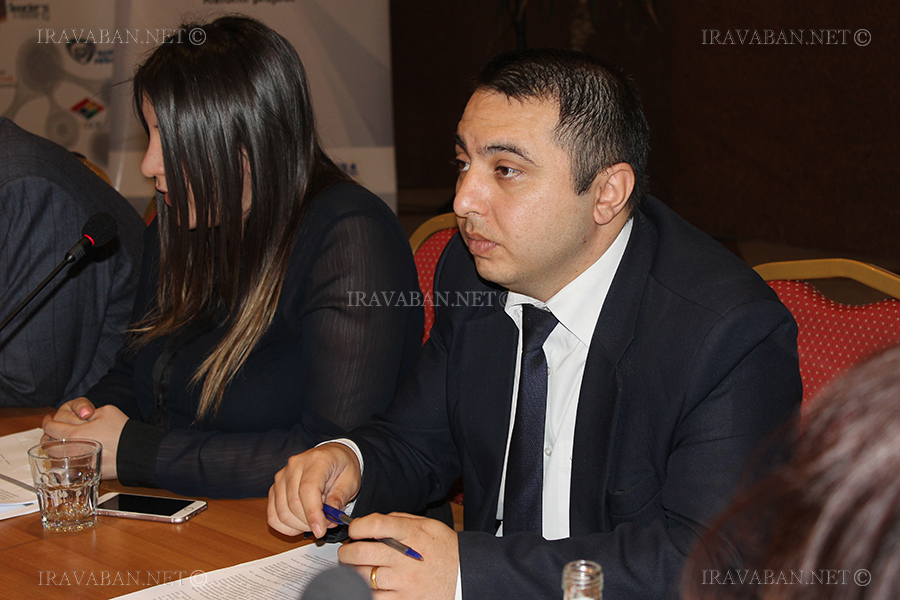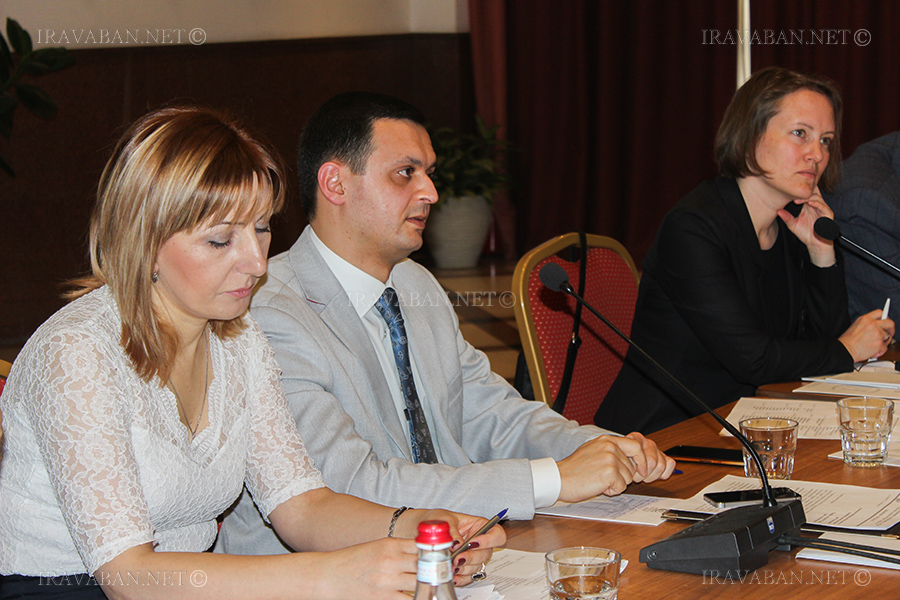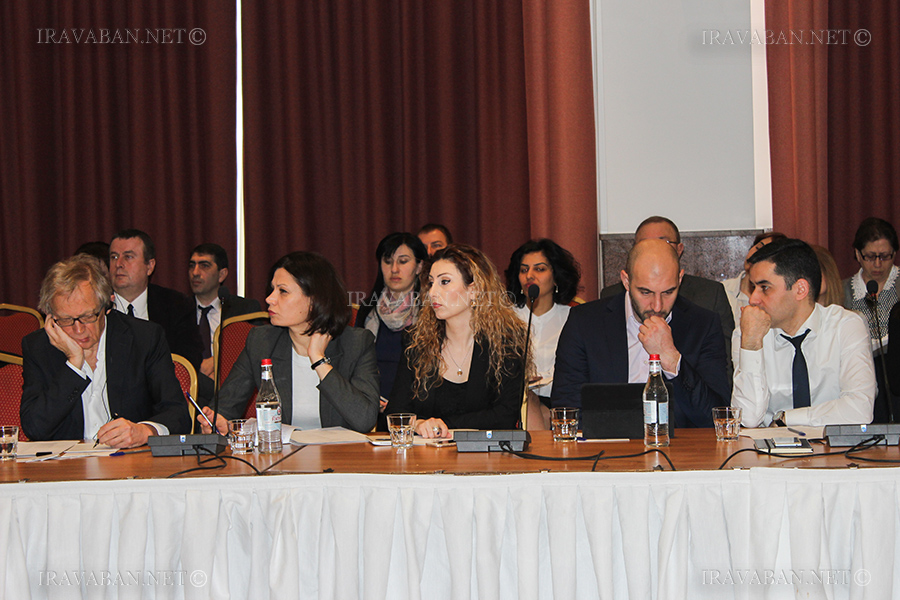The new tax incentives have encouraged the business representatives. Yesterday, the government approved the drafts submitted by the SRC. It is intended to simplify the process of VAT refund to exporters and significantly reduce the terms set for that process, which is very important for the promotion of exports.
Today, Mr. Karen Vardanyan, the Executive Director of the Union of Information Technology Enterprises (UITE), in his opening speech at the round table discussion “Tax Reform Awareness and Main Impediments of the New Tax Code” referred to these reforms. He noted that the need to approve these drafts had been talked about for a long time and made recommendations.
Notably, the decisions of the Government propose to set that the amounts of VAT refund based on the applications with the value of up to 20 million AMD submitted by the exporters and which meet the standards shall be repaid without verification. The repayment shall be done within 4 working days, instead of the current 90 days. In addition, in case of import of machinery and raw materials by the VAT payers, the VAT taxation will be moved from the customs border to inland. In this case the VAT will be applied only on the further use and sale of the products produced from this raw materials and not on the import.
The Team Leader of the Private Sector Development South Caucasus from the Support to SME Development in Armenia (EU-SMEDA) Ms. Eva Näher welcomed attendees of the event and mentioned that it was organized in the framework of the “Evidence-based Advocacy for Reform” project, which is implemented with financial support of the EU and GIZ.
This project is implemented by the consortium of Union of Information Technology Enterprises (UITE), Armenian Lawyers’ Association (ALA) and European Business Association (EBA) with Support to SME Development in Armenia” (SMEDA) project.
Arkadi Sahakyan, Lawyer of the Union of Information Technology Enterprises (UITE) said that VAT taxation at the border does not impact on businesses who import everyday consumer goods, but on those use the imported goods to produce other production. This change will greatly alleviate the burden on businesses. He said that the experience shows that the economically developed states also do not charge VAT at the border, and allow the companies to have stability and growth.
Miss Mariam Zadoyan, lawyer of the Armenian Lawyers’ Association, introduced the risks in the sectors of income tax, turnover tax and overpayments. In particular, she noted that the income tax in Armenia is higher than the rates set in the countries of the Eurasian Economic Unionas wellas those in a number of European countries. If the minimum amount of income tax in Armenia is 23 percent under the new Tax Code, the same in Russia is 13 percent, 5 percent in Kazakhstan, and 10 percent in Kyrgyzstan. In a number of European countries that are close to Armenia in terms of their economic indicators, such as Bulgaria, Montenegro, the income tax amounts to 9 and 10 percent.
Mr. Arman Poghosyan, the Head of Administration Methodology, Procedures and Service Department of the State Revenue Committee of Armenia presented the legislative reforms in the tax sphere of Armenia. He said that during the elaboration of the new Tax Code they used two resources: their past experience – basically what issues were raised in relations with taxpayers, and about 100 official explanations published by them. And, of course, although the legislation is not assessed as perfect, but it has solved many serious problems.
Mr. Vardan Marutyan, representative of the European Business Association in Armenia (EBA Armenia) made a presentation on the issues of dividend tax, technical mistakes, transition from the specific to the general taxation system, applying of VAT in the tourism sector.
Ms Tsovik Gharibyan, Senior Tax Manager of “KPMG Armenia” Company spoke about the new Tax Code and the issues of regulation of labor relations.
In the end, there were heated debates between public authorities and businesses.
This article has been published in the scope of “Evidence-based Advocacy for Reform” project, which is implemented by the consortium of Union of Information Technology Enterprises (UITE), Armenian Lawyers’ Association (ALA) and European Business Association (EBA) with financial support of the German International Cooperation (GIZ).
This project is implemented in the frameworks of “Support to SME Development in Armenia” (SMEDA) project. (SMEDA) project is co-funded by the European Union and the German Federal Ministry for Economic Cooperation and Development (BMZ) and implemented by GIZ Private Sector Development in South Caucasus Programme. SMEDA is part of the EU4Business and EU4Innovation initiatives of the European Union.
This article has been produced with the assistance of the European Union. The contents of this publication are the sole responsibility of the Consortium and can under no circumstances be regarded as reflecting the position of the European Union.
Asrghik Karapetyan

